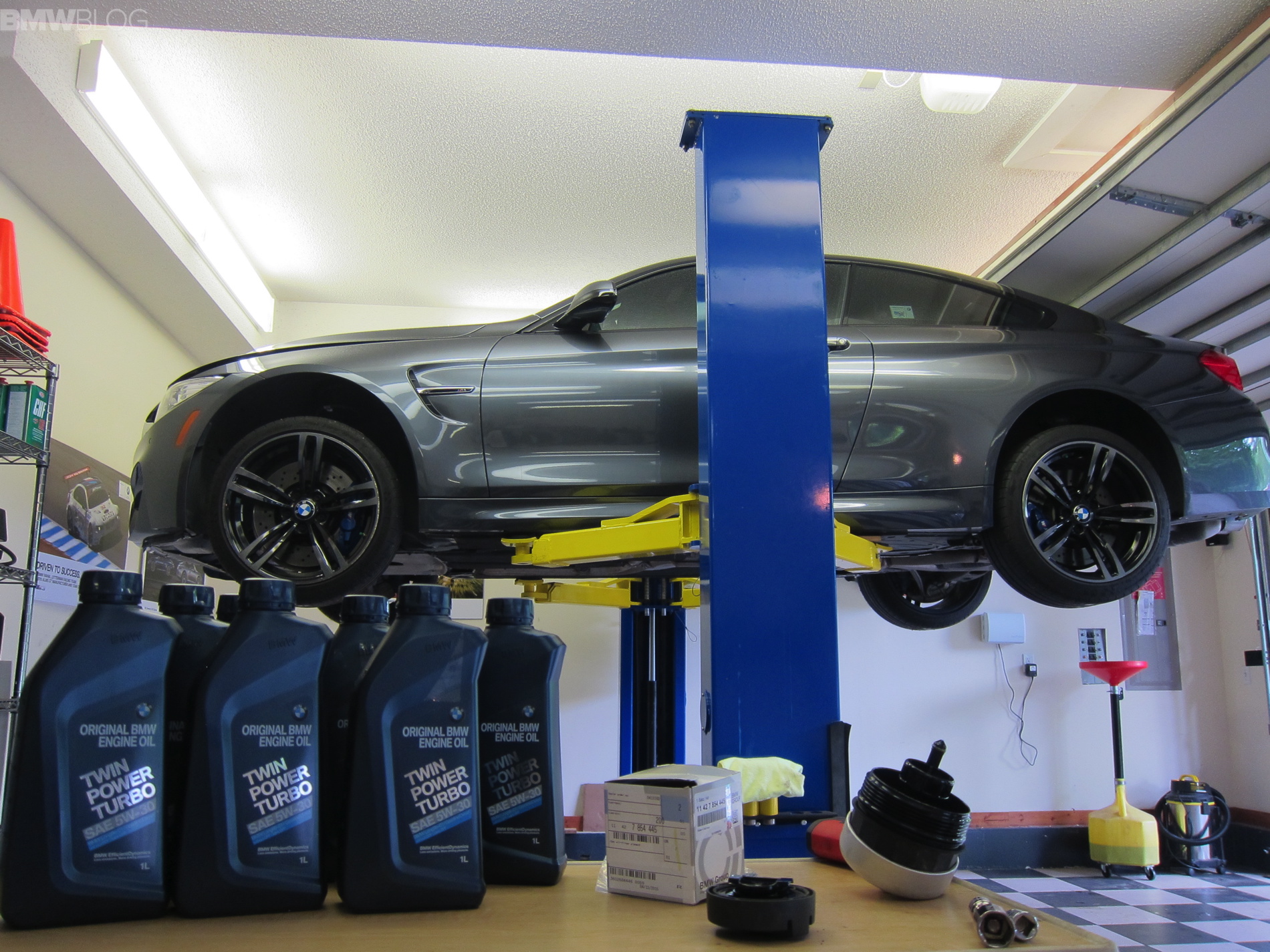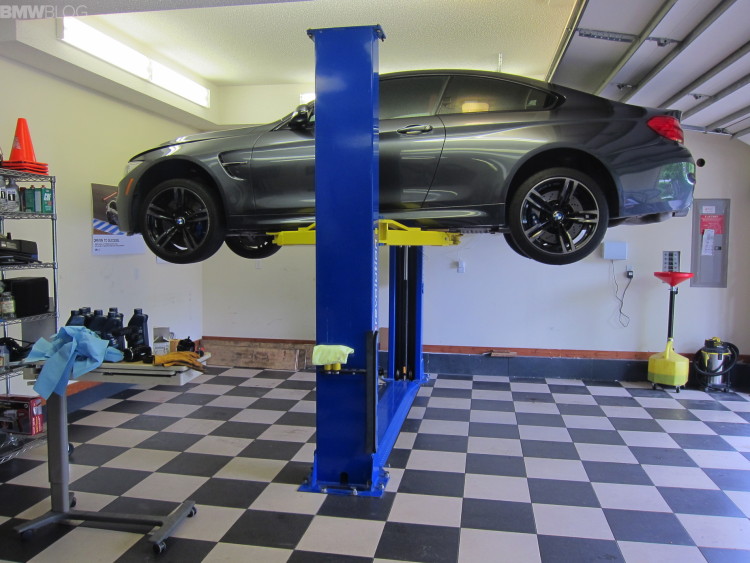Scraped knuckles, back pain and damaged hearing are just a few of the symptoms you may have been working on your car. Even though most DIYers wear their scars like badges of honor, life is generally simpler when you don’t have to worry about tending to the injuries sustained while working on your prized 3-series or 2002.
BMW owners are supposed to be classy after all, right? You won’t win any popularity contests if you show up to the next Cars & Coffee bleeding from the ears, so follow our sage advice and stay out of trouble the next time you’ve got some wrenching to do.
Save those Eyes and Ears
Would you go out on the track without a helmet? No. So why do so many home mechanics take projects on without using proper eye and ear protection?
Working on cars can expose you to extreme heat, corrosive chemicals, and loud noises. It only takes a single incident to damage your eyesight or hearing for the rest of your life. It is more than worth it to invest in a set of quality ear plugs like the ones shooters use and a pair of safety glasses. Use these every time you embark on a new project.
Use Proper Lifting Technique
BMWs aren’t light cars. Sure, you might have a vintage specimen unburdened with modern insulation and safety equipment, but even then, you don’t want to risk letting your collectible bimmer fall off its perch and potentially harm you.
To avoid being crushed by your favorite car, always use a floor jack—not the scissor jack that comes with the car—and jack stands. You want the kind that locks into place. Jack the car up on an even, solid surface and make sure that you know where to place the jack to avoid damaging your car’s unibody. Make sure your parking brake is on, and never use the jack itself as a jack stand.
Pull, don’t Push
Your car may be a product of German precision engineering, but avoiding sharp edges to save your hands when performing maintenance was low on the priorities list for BMW.
To keep from skinning your knuckles, ensure that there is clearance any time you go to place a wrench or socket, and then pull towards you, rather than pushing away. We also strongly encourage you to wear mechanic’s gloves, which will keep you protected from soft impacts and help you grip tools and hardware.
Work in a Well Ventilated Area
Even a small amount of spilled chemicals can vaporize and become harmful to you or anyone else nearby when you’re working on your car. Make sure that you have a working garage door and proper ventilation available to help remove noxious gasses. In case something catches, fire, you should always have a fire extinguisher handy.
Use Common Sense
If you’re an experienced mechanic much of this probably sounds like old news. We’ve all gotten carried away and tried too hard to remove a stuck bolt or set the bead on a stubborn tire, patience and common sense is the better choice every time. Follow the tips we’ve shared here and think before you act, and you should have a long and successful career as a weekend mechanic.






































































